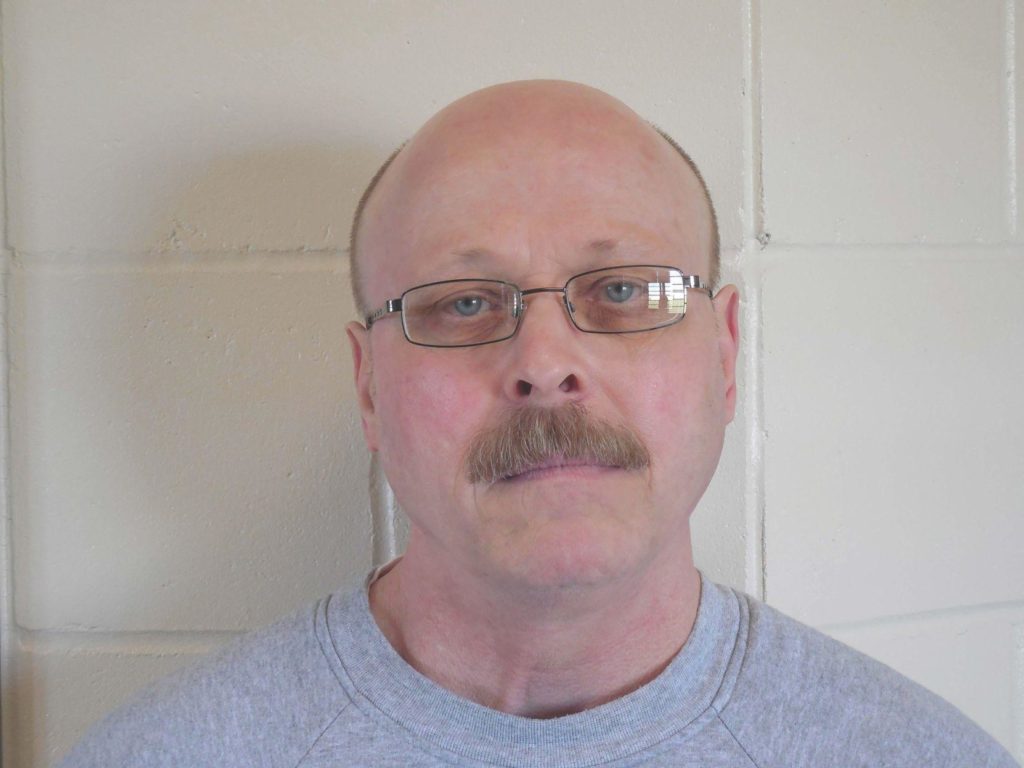LINCOLN — A national expert on the death penalty is faulting Nebraska’s execution protocol for not being transparent.
Robert Dunham, the executive director of the Washington, D.C.-based Death Penalty Information Center, said Thursday that in Nebraska, the public doesn’t know the source or purity of the drugs used or how much is administered during a lethal injection execution, and that witnesses are blocked from watching the entire execution.
That leaves witnesses unable to tell whether an execution came off as planned, or if it was botched, which can cause unnecessary suffering of the condemned inmate, Dunham said in an interview with The World-Herald.
Dunham was in Lincoln on Thursday to testify in support of a bill in the Nebraska Legislature that would stop the closing of the curtain during executions.
Legislative Bill 238, introduced by Sen. Patty Pansing-Brooks of Lincoln, requires that witnesses be allowed to “continually witness” an execution, from the beginning to when the condemned is declared dead. The bill allows prison personnel to wear masks, if necessary, to conceal their identity.
“We’re a government of the people and we have a right to know what government is doing, and a right to actually see what they’re doing,” he said. “The problem in Nebraska is that there was too much we didn’t know about the execution to say if it was problematic or not.”
Nebraska’s execution in August of double-murderer Carey Dean Moore met criticism because a curtain was drawn on the execution chamber after the final of four drugs were administered, blocking witnesses for 14 minutes from seeing the conclusion of the execution. Moore was declared dead after the curtain was closed, leading some to say that witnesses had not technically witnessed the “execution.”
State Corrections Director Scott Frakes, in testimony to a grand jury that reviewed the execution, said that the curtain was drawn on the execution chamber just after the last of four lethal injection drugs was administered “out of respect” for the then-unconscious inmate. He testified that it was also to protect the confidentiality of the execution team and to allow a coroner to determine whether Moore was dead “in the privacy that you would want for anyone.”
Dunham said that unless witnesses are allowed to see, and hear, what’s going on during the entire execution, they cannot determine whether the execution came off properly.
There has been a string of problematic executions in the U.S. in recent years, in part because states are facing problems obtaining the lethal injection drugs. Pharmaceutical companies have blocked the use of their products for capital punishment, forcing states, in some cases, to obtain drugs from suspect sources, and to try new drugs.
Nebraska, for instance, has run afoul of import rules in the past, and in Moore’s execution, used a four-drug protocol that had never been used before. The state has blocked attempts to learn the source of its drugs.
















